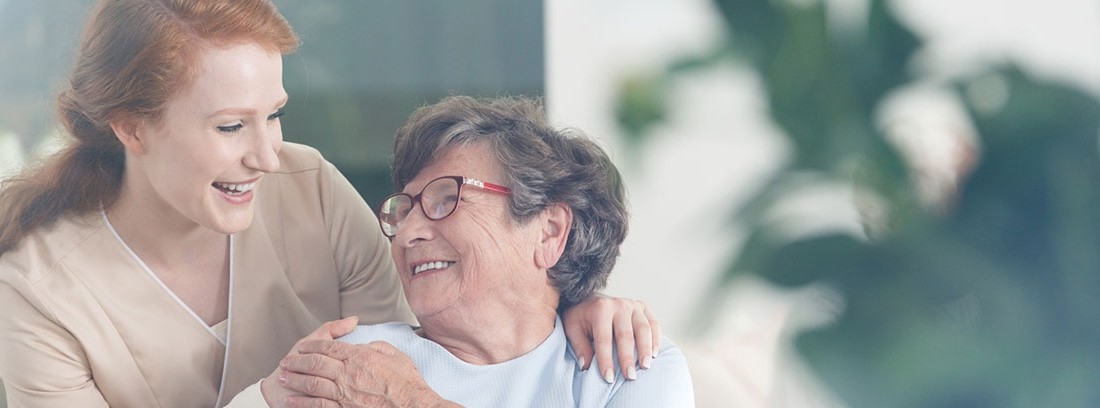Strategies for end-of-life care

The primary goal of palliative care at the end of life is alleviate suffering and improve quality of life, with care focused on the whole person: in their physical, mental and spiritual aspects and considering the corresponding family and sociocultural environment, since, although death is a universal phenomenon, it is experienced by each person and their family in a different way. particular and unrepeatable.
Communication
When it is communicated to a person (older or not) and to his closest family that death is a close and inevitable matter, a special period is entered. Not only have control symptomsInstead, emotional contact and communication, both verbal and non-verbal, must be encouraged.
It's very important respect the patient's wishes as much as possible while it is possible, trying not to infantilize him, nor to nullify his opinions with the false (albeit well-intentioned) idea that it is better to protect him from reality (“he will not bear it”, “he will sink” “he will no longer fight”). It is your death, unique and individual, and you have the right to live it the way you want. This does not mean that the information has to be given crudely or in a mandatory way, the ideal is to do it with tact and, in case of not wanting the information, respect this wish.
In order to reach this situation, you must have not only him, but also the support of a competent medical team in this type of situation and in which you have confidence, which helps decision-making with truthful and intelligible information. .
Control symptoms
Regarding the control of symptoms, those that most influence the quality of life are the pain, choking, anxiety, anorexia, or poor appetite, nausea or vomiting, constipation and others such as cough, hiccups or dry mouth. Many are due to the disease itself (oncological or not), but others appear due to medication. It is a priority to control these symptoms to improve the situation of the last days, in which comfort is the main thing.
It should also pay attention to the emotional and spiritual sphere, giving space for the expression of feelings and affections and helping to say goodbye to loved ones. In this regard, use must be made of all possible communication channels: speaking, listening, touching, feeling, looking ... Anything goes to give and receive affection, understanding and support at the end of life. This is true for family and friends as well as for the medical team.
Sanitary equipment
People who care for patients in end-of-life situations should be a special target of care and protection by the family and medical environment. They must receive both material help (relief in watching at night, help for mobilizations, distribution of functions, etc.) and emotional, since it is usually a close relative, who sees how their loved one dies, sometimes after long periods of suffering. If the main caregiver collapses, it will be much more difficult to provide adequate care for the dying person.
Communication and availability of the healthcare team at this time is essential and should be higher than before starting the final process. They often do not have health knowledge or technical skills; They should be taught and trained to care for the sick in tasks that include drug administration, injury care, bedridden hygiene, mobilizations, and transfers for comfort.
Of interest
Currently it is considered that the most desirable thing is to pass the process of the last days and the agony at home and the environment of the patient, cared for by their relatives and friends, since the patient feels more accompanied, comforted, with more security and serenity in the face of death.
Also loved ones accept death better if they have collaborated in their care, if they have been able to say goodbye in some way by communicating their affection. However, there are situations that are difficult to handle at home or with which caregivers are overwhelmed, or the patient himself does not want to be a burden to his family; In these cases, a hospital admission must be managed for the period of the last days, without blaming oneself for not being at home.
(Updated at Apr 14 / 2024)